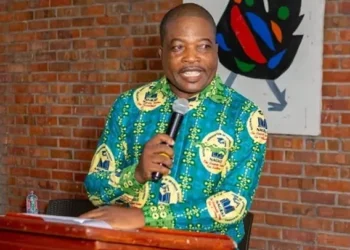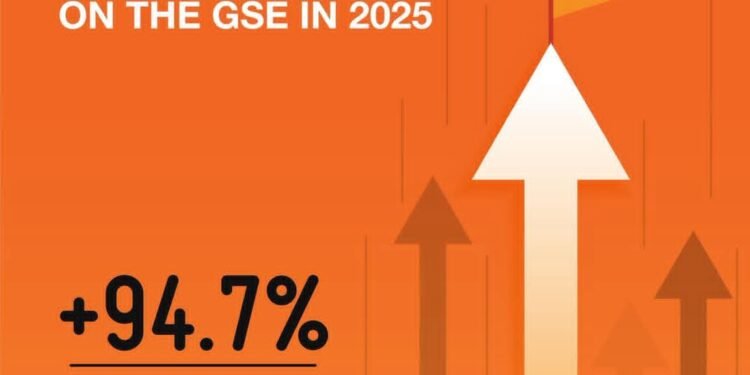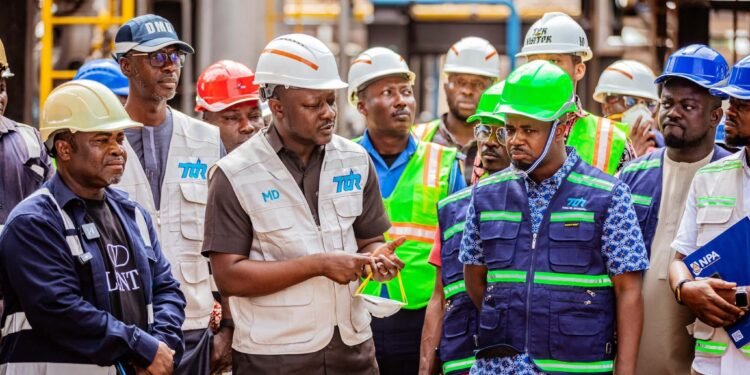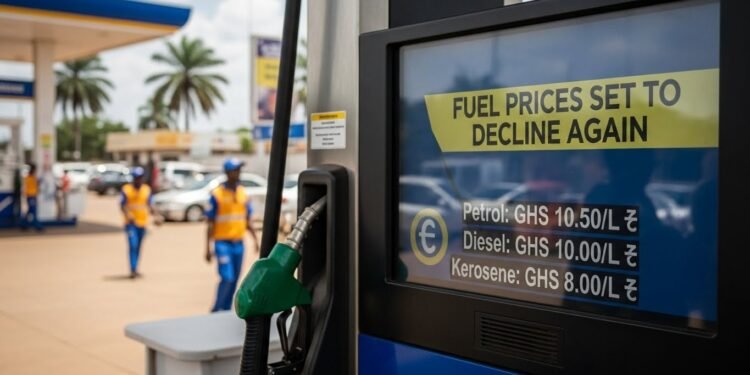Ghana’s basic education infrastructure is under scrutiny once more, as Eduwatch Africa’s April 2025 policy brief paints a mixed picture of progress and persistent gaps.
While the country has chalked some successes over the past two decades, the hard truth remains: the dream of achieving equitable and quality basic education for all by 2030 is dangerously off track.
At the heart of this issue is basic education infrastructure. Eduwatch revealed that although primary school enrollment rose significantly from 2.58 million in 2001 to nearly 4.78 million in 2023, and junior high school (JHS) enrollment more than doubled within the same period, structural and resource constraints continue to undermine this progress.
“The growth of 0.9 JHS per district per annum is commendable. Although relatively higher than KG (0.4) and primary (0.4) and purposively aimed at bridging the traditional 25 percent gap between primary and JHS, it only reduced the deficit by three percentage points over a seven (7) year period. Given this pace, it would take Ghana another 58 years to bridge the primary-JHS gap.”
Eduwatch Africa
The reasons? A glaring lack of access to schools, inadequate facilities, and long, sometimes dangerous, commutes.
These factors all reflect the uneven spread and slow growth of educational infrastructure, particularly in underserved communities.
Between 2017 and 2023, Ghana added only 781 new kindergartens, 798 primary schools, and 1,714 JHS across 261 districts.

Accordingly, Eduwatch described this as a growth rate “too slow to catalyse Ghana’s successful march to the Sustainable Development Goal (SDG) finish line in 2030.”
In regions like Savannah, where JHS completion is just 45%, the effects of this stagnation are deeply felt.
Desks, Electricity, and Digital Divide
Eduwatch’s brief also highlighted how inadequate infrastructure doesn’t stop at buildings. Basic school furniture, such as desks, remains a major challenge.
By 2021, around 40% of pupils lacked proper seating, with rates reaching an astonishing 80% in some deprived regions.
In Gushegu municipal, the report detailed, “a public basic school desk deficit of 17,849 existed… only 180 dual desks were received from the MoE/GETFund in 2023.” The disparities were equally dire in Kintampo North.
Even more unsettling is the digital infrastructure gap. While the national curriculum emphasizes digital literacy, only 2% of basic schools in deprived areas had functioning ICT facilities in 2024.

“The state of digital learning infrastructure in public basic schools has even more severe deficits and consequences on learning than physical infrastructure… only 2 percent of basic schools in deprived districts have functioning ICT facilities, compared to 8 percent in endowed districts.”
Eduwatch Africa
The subject of Computing, mandatory from upper primary, is still taught in schools with no computers or reliable electricity—if they have electricity at all.
By 2020, just 44% of primary schools and 63.9% of JHS were connected to the national grid, despite national penetration exceeding 80%.
This inequality is stark: Schools in endowed districts enjoy 77% electricity connectivity, while deprived districts lag behind at 37%. It’s no surprise, then, that digital learning remains a distant dream for most students in rural Ghana.
Plans to introduce solar power into all public schools may sound promising, but Eduwatch urged the government to start with off-grid basic schools.
More importantly, they argued, “solar connectivity must be complemented with digital learning facilities, including the internet.” Otherwise, solar panels alone won’t bridge the digital divide.
1 Million Children Out of School
Furthermore, there is the issue of the one million children still out of school—400,000 of them dropouts—primarily due to long travel distances and a lack of nearby schools.
This, Eduwatch argued, calls for the urgent construction of 2,000 new fully furnished basic schools, 3,600 JHS for existing primary schools, and 508 KGs for underserved areas.
“Despite the overall positive signs, in 2021, the Government of Ghana reported that some 1 million children aged 4 to 18, constituting 9 percent of the total age cohort population of 10,589,615, had never attended school, with another 400,000 children dropping out of school.”
Eduwatch Africa
Additionally, 800,000 pieces of pupil furniture are required to close existing gaps. For those studying under trees, an estimated 5,300 schools need to be rebuilt entirely.
According to Eduwatch, all of this needs to happen while integrating digital learning tools like tablets, internet access, and STEM facilities.
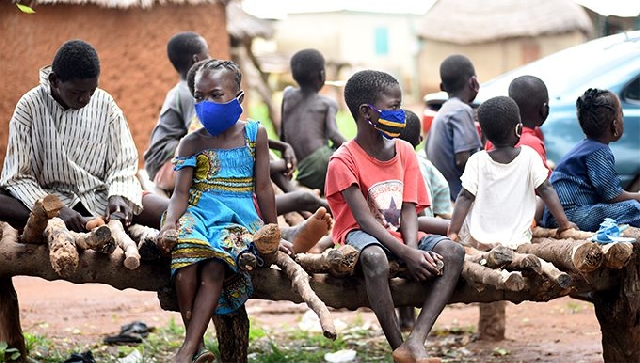
But how do we pay for all this? The funding gap is wide—and growing.
With the IMF program limiting Ghana’s borrowing capacity, external funding options are bleak.
“In 2025, Ghana is unable to borrow more than US$ 250 million from the credit market. Donor funding for education has been on a downward trajectory in the past decade, from 4.9 percent of education expenditure in 2014 to 1.5 percent by 2022.”
Eduwatch Africa
The United States Agency for International Development has exited Ghana’s education sector, and the UK is slashing Overseas Development Assistance.
According to Eduwatch, “Between 2017 and 2022, only 10 percent of education expenditure was invested into infrastructure.”
What’s worse, of that investment, only 12% went to basic education, while secondary and tertiary education gobbled up the rest.
Meanwhile, Eduwatch pointed out that the decision to uncap the Ghana Education Trust Fund (GETFund) could release up to US$2.8 billion between 2025 and 2028—but even that may not be enough.
Almost all of this newly available money is already earmarked for consumption-based expenses like Free SHS and curriculum-based textbooks, leaving little room for new infrastructure.
Eduwatch’s recommendation? Bold and innovative financing models. From concessional and blended finance to community-led furniture initiatives and climate-resilient buildings, Ghana must get creative.
The think tank even suggested mobile and virtual learning solutions to reach isolated or island communities where daily travel to school involves dangerous boat rides.
At the end of the day, the path to achieving SDG 4—universal access to quality education—will require more than enrollment stats and public speeches. It demands urgent, coordinated action to fix the foundation: Ghana’s basic education infrastructure.
READ ALSO: EU Ready To Negotiate With US On Tariffs





